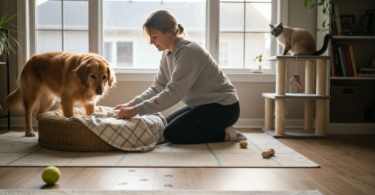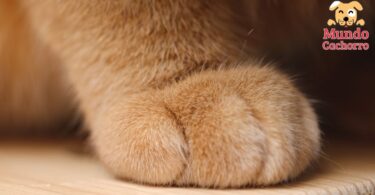Like humans, an elderly cat experiences changes that can sometimes affect its health. To take care of your senior cat at this stage, it is possible to adapt the food and also the care it receives. This is not only to prolong the life of our beloved felines but also to make their life healthier. In fact, with good care, the life expectancy of cats is usually between 14 and 15 years and sometimes even longer.
How to care for your elderly cat
An older cat will probably have some changes that you may notice in its usual behavior. For example, some difficulties when moving or a reduction in their activity. Let’s take a look at some actions to take care of your senior cat.
Adapted food
Cats over seven years of age will need a diet adapted to the changes. It should contribute to kidney function, metabolize fat and also maintain muscle and joint cartilage.
In the market there are options that you can find to feed your feline pet in a balanced way in this stage of his life. You can also ask your veterinarian for recommendations.
2. Exercise in elderly cats
An elderly cat may experience discomfort in muscles and joints, just as people do. This is why it is important to encourage physical activity that will allow the cat to maintain muscle mass and improve circulation.
It is normal behavior for a senior cat to spend more time sleeping or dozing. In this case, you can spend some time each day with gentle games that keep him moving. This way you will avoid problems related to overweight.
3. Changes in the home
At this stage of a feline’s life you can adapt the home with small changes to make it more comfortable. For example, the sand tray can be lower so that you can access it more easily. You can also put ramps in the places where he usually rests.
Image courtesy of https://viibrant.com, all rights reserved.







